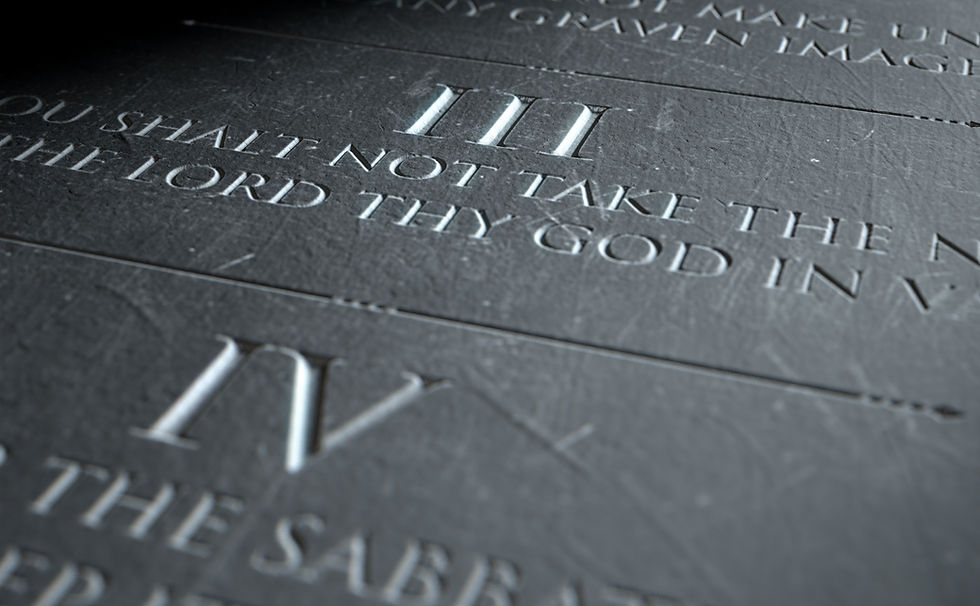The Popularity of School Choice
- Griffin Saltron

- Jan 24, 2024
- 3 min read

January 21-27 is National School Choice Week, a time when “tens of thousands of events… around the country” are held to raise awareness on the issue of school choice. In many states across the union, this week is being used as a time of celebration and outreach, to inform parents and students about the options available to them. Texas was nearly one of those states but, unfortunately, fell short of passing school choice legislation in the 88th legislative session. As the fourth special session of the 88th Legislature came to a close without the passage of a school choice bill, the debate surrounding Education Savings Accounts (ESAs) is likely to continue as preparation for the 89thLegislative Session begins.
In 2022, the March 1st Republican Primary had a proposition (Prop 9) that asked Republican voters if “Texas parents and guardians should have the right to select schools, whether public or private, for their children, and the funding should follow the student.” The results were overwhelming, with 88% of voters supporting the proposition. In fact, not a single county voted against the proposition. This means that the majority of Republicans in every county have definitively stated that they want a choice program in which the money follows the child and includes private options. In this regard, those who voted to remove school choice from HB 1 have not only disregarded the desires of the Republican Party, but even their own constituents. The following is the percentage of voters that voted for Prop 9 in the districts of Republicans who opposed school choice:

The Republicans opposed to school choice, however, do not seem to care about the opinions of these primary voters, yet they still argue that they are voting in line with their districts when they oppose choice options. This is certainly the case with Representative Ken King, who when asked about school choice stated the following:
“If you look at my House district, House District 88 has 19 counties in it where I don't have a charter school, I have maybe two or three private schools, and only one or two of those go all the way through the 12th grade. You know, school choice for rural Texas is making your public education option the best it can possibly be.”
Rep. King and the twenty Republicans who voted to remove school choice from HB 1 neglect the reality of just how popular school choice is amongst rural populations. While these Representatives should take the views of their constituents seriously, it is also important to recognize that school choice is, at a grassroots level, an incredibly popular policy statewide. In June of 2023, the University of Texas and the Texas Politics Project conducted a pollrelated to school choice. The question that they asked Texans was “Do you support or oppose establishing a voucher, educational savings account (ESA), or other ‘school choice’ program in Texas.” The results showed that 58% of Texans support school choice while only 27% oppose implementing such a program. In fact, all but one demographic polled in support of a school choice program. The one demographic opposed to school choice was Democrat party members. Interestingly, that demographic is the only category in which a plurality carried the day. Most Democrats supported or held no opinion on school choice (a combined 53%), and those respondents outnumbered those opposed (47%).

It is a rare occurrence that the best public policy aligns so closely with what voters want. It is a considerable failure to not pass a policy that is so widely favored by nearly every demographic. Instead, the Republican legislature acted in a way that was only favorable to Democrats.










